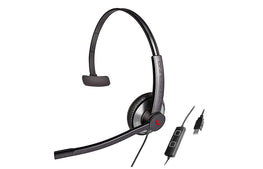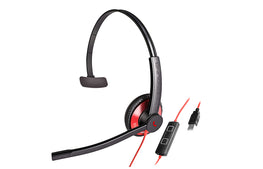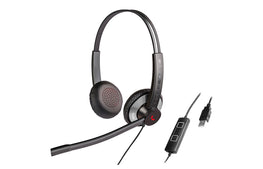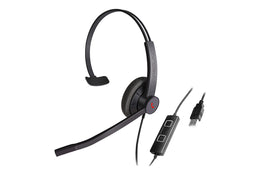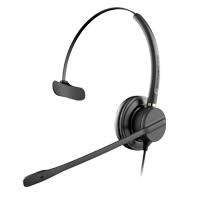
Managing intensive care work with speech recognition technology
Intensive care specialists are required to tackle some of the most important and time-sensitive medical issues. Charged with addressing a wide range of potential problems, these experts will need a wide base of medical knowledge along with the ability to respond quickly to any eventuality.
Furthermore, intensive care specialists are required to work closely with further medical professionals who specialise in different branches of medicine, assisting them with follow-up care and patient support.
Faced with these demands, saving time on administrative tasks is essential. That's where medical voice recognition software can help.
Managing a diverse and inconsistent workload
Among the key challenges that come with working in an intensive care setting is the varying demands placed on these doctors. The nature of the injuries and conditions that patients will exhibit extends well beyond any one specialisation, unless a doctor is working in a highly specialised intensive care unit such as one that focuses on coronary conditions.
Beyond that, intensive care specialists also face an incredibly varied workload, due to the unpredictable nature of their role. This was underscored by research from the Australian Medical Workforce Advisory Committee, which reported that these uneven time demands are leading intensive care specialists to be among the highest risk medical practitioners for burning out.
According to the research, the average intensive care specialist is working an average of 57.7 hours a week, placing them in the medium- to high-risk category.
What's more, intensive care requires a range of specialised tools and support in order to treat patient conditions, making it one of the most expensive forms of medical treatment.
The advantages of speech recognition
By utilising voice recognition software, intensive care professionals can access a range of services that add value to their performance, and help to manage the time demands placed on them.
Given the diversity of working in intensive care, it's important for practitioners to quickly complete patient notes. Maximising the time spent helping patients by speeding up the completion of paperwork can ensure intensive care professionals are working as efficiently as possible.
Supporting this workload is also the depth of vocabulary that Dragon Dictate can provide. Given the breadth of potential medical issues that intensive care specialists will need to address, and the variety of other specialists they will work with, this dedicated vocabulary can ensure patient notes are accurate and up to date.
Realising these benefits doesn't have to be difficult and can ensure that intensive care specialists are focusing on the most pressing concerns they face, rather than spending time on administrative work.

